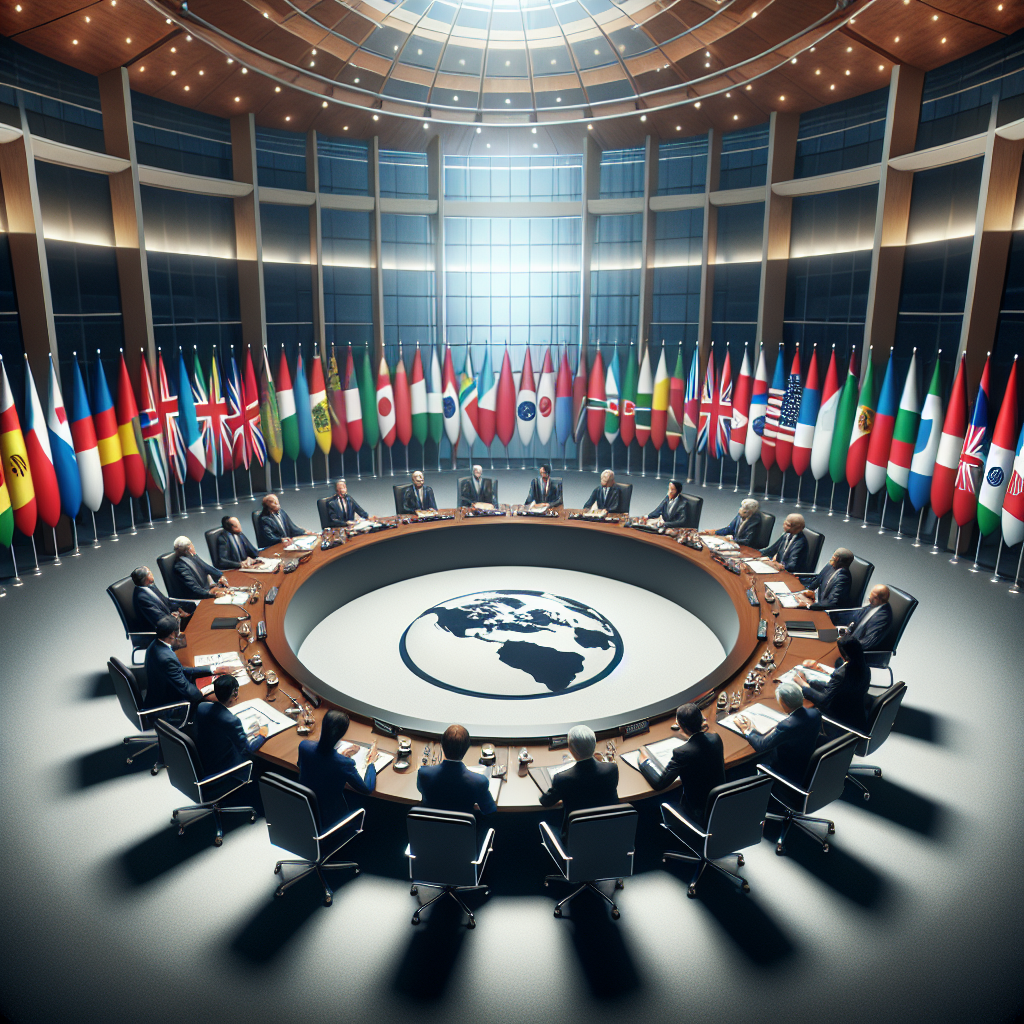G7 Urges De-escalation Amid India-Pakistan Tensions
The G7 countries call for restraint and dialogue between India and Pakistan as tensions rise following military engagements. With both nations engaged in hostilities, world powers emphasize de-escalation. The conflict, rooted in the Kashmir dispute, sees international diplomatic efforts to prevent further escalation.

The Group of Seven (G7) countries have called for maximum restraint from India and Pakistan as tensions escalate between the two nuclear-armed nations. Rising hostilities have led to daily clashes after India launched air strikes against Pakistan. The U.S., as part of the G7, has engaged both countries in regular discussions, emphasizing the need for de-escalation.
World powers have expressed significant concern over this latest surge in the decades-old India-Pakistan conflict. The strategic importance of both countries reflects their broader geopolitical roles, with India countering China's influence and Pakistan's strategic alliance with the U.S. seen as diminished post-Afghanistan withdrawal.
A recent statement from G7 foreign ministers condemned an Islamist militant attack in Kashmir, urging immediate de-escalation. The contested region remains a focal point of the tensions, which have historical roots in regional claims and disputes. Diplomatic contacts continue between the nations amid international calls for peace.
(With inputs from agencies.)
- READ MORE ON:
- G7
- India
- Pakistan
- Kashmir
- hostilities
- de-escalation
- diplomacy
- air strikes
- conflict
- direct dialogue
ALSO READ
We call for immediate de-escalation, encourage India and Pakistan to engage in direct dialogue towards peaceful outcome: G7.
G7 Urges Peace: Immediate India-Pakistan De-escalation Needed
US-China Trade Tensions: Hope for De-escalation in Geneva Meeting
Tensions Rise as Pakistan Urges India for De-escalation
Pakistan's foreign minister Ishaq Dar says his country would consider de-escalation if India does not carry out further attacks, reports AP.










